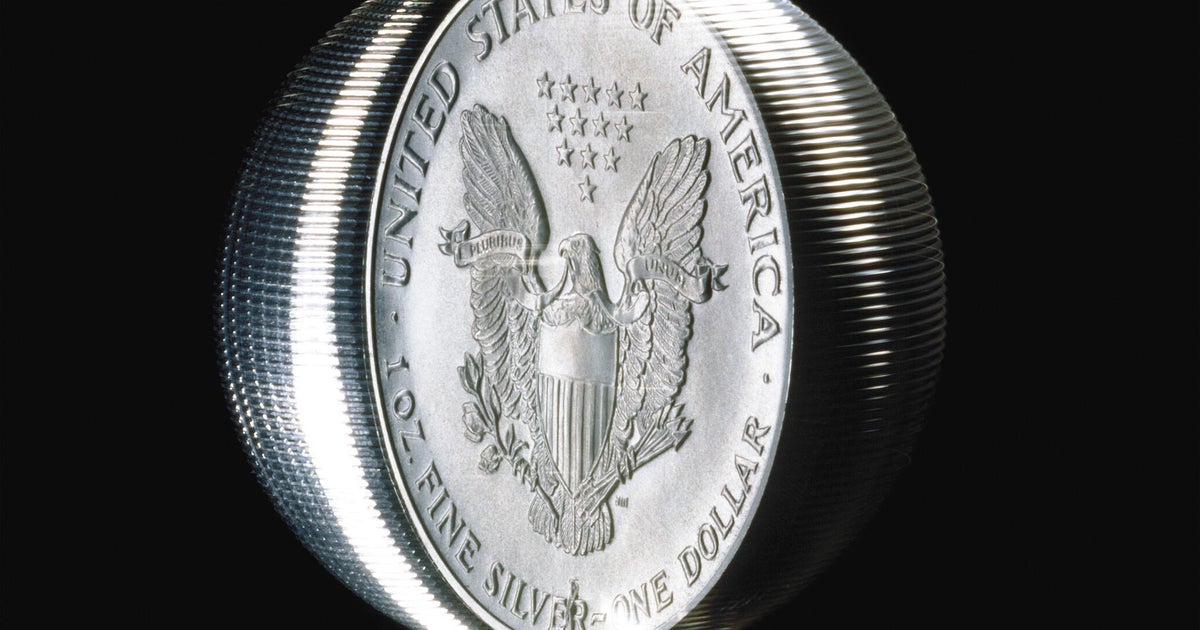Is a personal loan worth it? Here's what experts think
The past year and a half or so of high inflation and rising interest rates have squeezed many Americans' wallets. Higher energy costs, grocery bills and other expenses have caused some to go into debt. While inflation has started to cool down recently, interest rates have not dropped. That makes things like carrying a credit card balance more expensive.
One way to manage debt is to take out a personal loan. These loans have flexibility in terms of how they can be used, as opposed to being earmarked for specific expenses, like with student loans.
Personal loan approval can also be widespread. Even those with bad credit can sometimes qualify for personal loans, although interest rates might then be higher. Those with good credit might be able to find a personal loan interest rate in the low single digits, while others might find rates above 30%.
"The better your credit score, the lower your rate," says Spencer Betts, CFP, financial advisor at Bickling Financial Services.
Personal loan interest rates can also vary based on factors like the size and duration of the loan. Below, we'll examine more closely when borrowing via a personal could make sense and when it might not be the best option.
Start by exploring your personal loan options here to see if it makes sense for you.
When experts say a personal loan is worth it
Because personal loan interest rates vary widely, their utility depends on the situation. For example, if you can find a personal loan interest rate below what you're paying on credit card debt, you might consolidate your debt by taking out a personal loan. Or, you might use a personal loan proactively rather than racking up new credit card debt.
"Personal loans are generally lower rates than cards, and they are fully amortizing, so you commit to paying down your debt every month," says Renaud Laplanche, CEO and co-founder at Upgrade, a financial services company.
In contrast, letting credit card balances linger means interest can continue to accumulate.
Similarly, personal loans can be used to pay off other high-interest debt, thereby saving borrowers money on what they would have otherwise paid on interest, says Josh Miller, head of consumer acquisition, marketing, and product development — Deposits and Consumer Lending & Payments at KeyBank. "In some cases, they can also lower their minimum monthly payments, thereby increasing their monthly cash flow as well," he adds.
Personal loans can also be helpful if you need quick access to cash, though you don't necessarily want to take on a long, expensive debt obligation. Personal loans "are mainly used more for emergency reasons or when no other options are available, hopefully for a short period of time. These can be used to prevent evictions, repossessions, or other catastrophic financial situations," says Betts.
Explore your personal loan options here now to learn more.
When experts say a personal loan is not worth it
Personal loan interest can get expensive, so if you can find a lower-cost loan, that could make more sense.
"If you are buying any item that can be used as collateral — a car, boat, house, etc. — you can typically get a better rate than a personal loan. The rate for a personal loan is normally higher because there is no asset or collateral for the loan," says Betts.
Also, some credit cards offer low- or no-interest introductory periods on balance transfers. However, they still likely charge an initial transfer fee. So, you can compare the transfer costs against the overall interest costs to see if a personal loan or credit card balance transfer makes more sense. Compare monthly payments too, as you want to ensure you have comfortable cash flow.
And keep in mind that taking on any form of debt might be challenging to manage. So, you might instead prefer to save over time for your intended purchase or break expenses down into more reasonable amounts.
"For small purchases, many retailers and merchants offer buy now, pay later (BNPL) options for clients that often come with 0% interest or in some cases low payments that fit a person's budget," says Miller.
Similarly, some credit cards offer installment plans, where you can break large purchases down into fixed payments, notes Laplanche. Depending on the terms of the credit card, it's possible that their installment plans are less expensive and easier to manage than taking out new debt via a personal loan.
Compare your financing options
As these situations show, sometimes a personal loan can save you money, such as if you can reduce your total financing costs by consolidating other forms of high-interest debt. Yet other times, better options are available, especially if you have collateral, like your home."If you can access secured borrowing, such as a home equity loan, your interest rate will likely be lower than any personal loan," says Laplanche.
So before taking out a personal loan, compare your options and see what the costs and risks of different forms of financing look like. And if you have the ability to avoid debt entirely, such as by delaying a purchase, that could also be a good option.
If you do end up wanting to take out a personal loan, be sure to compare lenders to find the best rates and terms.




